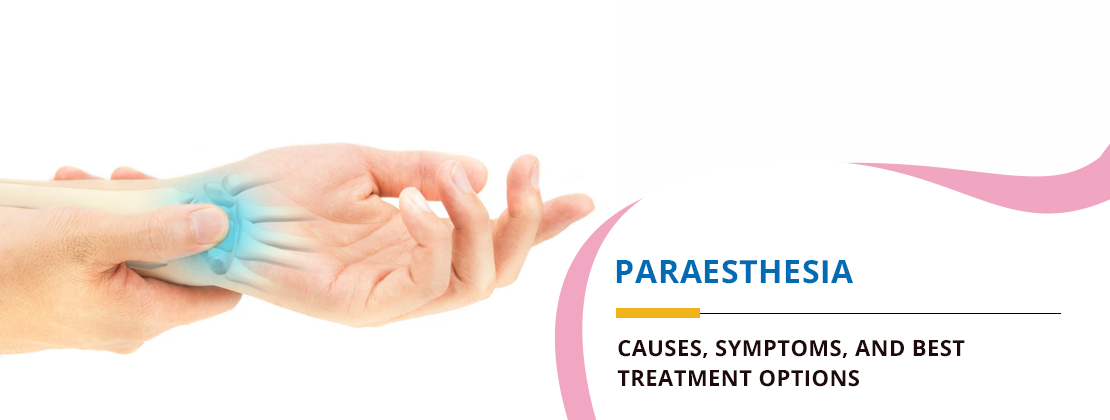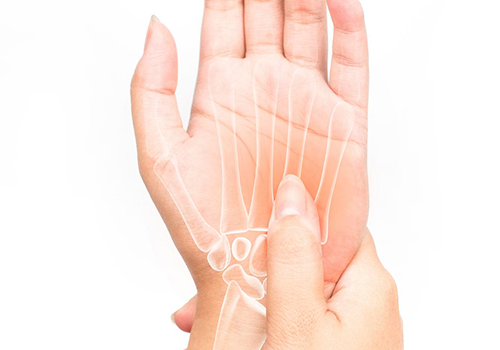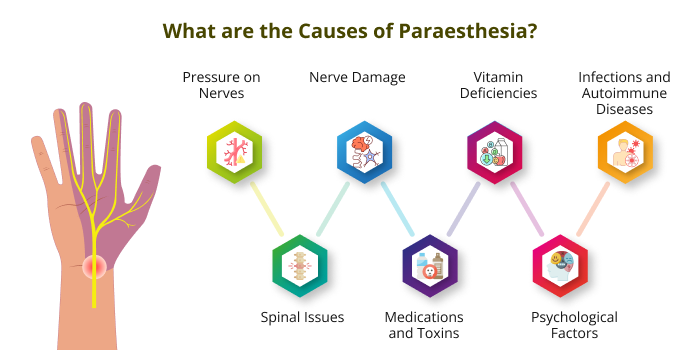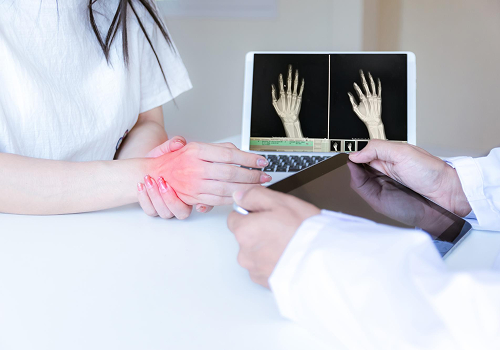
Home / Blog / Paraesthesia: Causes, Symptoms, and Best Treatment Options

Paraesthesia is an abnormal sensation in various body parts, especially the hands, feet, arms, or legs, and may be described as pins and needles, numbness, or tingling.
Paraesthesia could last for a short time or a long time, depending on the underlying cause. Temporary paraesthesia often occurs due to nerve compression, such as sitting cross-legged for too long, while chronic paraesthesia may result from neurological disorders or systemic conditions.
Temporary paraesthesia is usually harmless and goes away without any treatment. It is often due to nerve compression, immobility, or mild vascular problems. However, chronic paraesthesia might be a sign of underlying illnesses like diabetes or multiple sclerosis. Differentiating between these kinds may help decide if medical help is necessary.
Moreover, paraesthesia symptoms can worsen, leading to increased episodes due to excessive drinking and smoking. Changing one’s way of life, for example, eating well and staying away from too much alcohol, may help control the condition.
The symptoms of paraesthesia may vary depending on the cause and severity. Common symptoms include:
Difficulty walking, writing, or holding objects without dropping them may indicate paraesthesia symptoms. In case the symptoms continue or become more serious as time goes by, it would be advisable for one to see a doctor.

Paraesthesia can be caused by several factors, ranging from temporary nerve compression to chronic medical conditions. Some common causes include:
If you sit or stand for too long in one position, you may experience pins and needles because your blood supply is reduced and your nerves are compressed. This is often experienced when waking up after sleeping in an awkward position.
Conditions such as diabetes often cause peripheral neuropathy, which may lead to chronic paraesthesia. The long-term effect of damaged nerves is a continued lack of sensation and a slight pricking feeling in the arms and legs.
Lack of vitamins such as B12, B6, and folic acid causes problems in the nerves. An untreated vitamin B12 deficiency can lead to nerve damage and chronic paraesthesia. To avoid paraesthesia from occurring because of a lack of vitamins, it is important to have a good meal that contains all types of nutrients.
Chemotherapy drugs and anti-seizure medications are some medicines that may lead to paraesthesia by injuring the nerves. Nerve-related symptoms can arise from exposure to toxic heavy metals like lead and mercury too.
Stress and anxiety can sometimes contribute to paraesthesia, as heightened nervous system activity can lead to tingling sensations in various body parts. Practising mindfulness techniques and reducing stress levels can help minimise symptoms.

To diagnose paraesthesia, the following approaches may be adopted.
Early diagnosis is crucial in preventing further nerve damage and improving treatment outcomes.
Paraesthesia treatments are recommended based on the underlying cause. Common paraesthesia treatments include:
Physical therapy can make your muscles stronger and more flexible and improve nerve functioning. Certain exercises might ease the squeezing of pinched nerves and bring back movement.
If paraesthesia is caused by vitamin deficiencies, taking supplements like B12, B6, and folic acid can help restore nerve health.
In severe cases, surgical intervention may be required. This includes procedures such as:
People with diabetes must control their blood sugar well to avoid diabetic neuropathy. Those suffering from multiple sclerosis or autoimmune diseases might need continuous therapy to control the symptoms.
Paraesthesia is a common condition that can result from temporary nerve compression or more serious medical conditions. Identifying the cause and seeking appropriate paraesthesia treatments from a specialist is crucial to effectively managing this condition. HCG Hospitals, a multispeciality hospital in India, has well-trained specialists for comprehensive paraesthesia management. If you experience persistent or severe paraesthesia, consult a specialist for proper diagnosis and treatment.